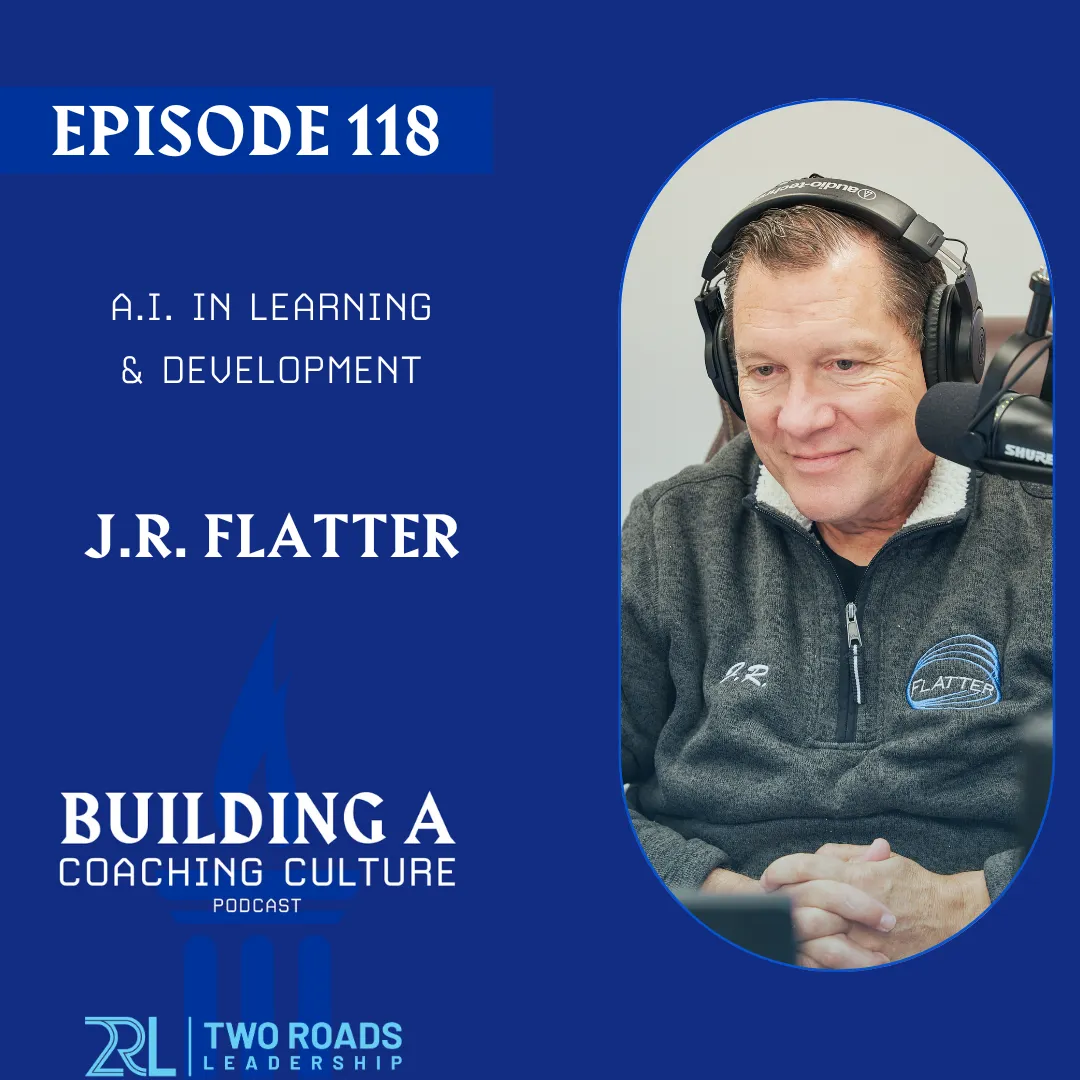Could generative A.I. be the key to truly personalized and scalable learning experiences? Or will the human element remain irreplaceable when it comes to coaching and development?
In today's episode, hosted by J.R. and Lucas Flatter, today they discusses the potential impact of generative AI on learning and development, specifically in enhancing learning materials, customizing learning experiences, and providing feedback on coaching sessions.
If you're keen to understand how generative AI could revolutionize the learning landscape while considering the timeless fundamentals of human touch, this episode is for you.
Key topics covered include:
- The Fundamentals of Human Interaction
- What is the relation of generative AI to learning and development
- The importance of human interaction and emotional intelligence in the learning process.
Building a Coaching Culture is presented by Two Roads Leadership
Produced, edited, and published by Make More Media
Episode Links
J.R. Flatter
Founder of Two Roads Leadership
Lucas Flatter
Resources
2RL 4 day Coach Certification Bootcamp
2RL ICF-Approved Coach Certifications and Trainings
Transcript
Automatic Transcription - please excuse any errors

